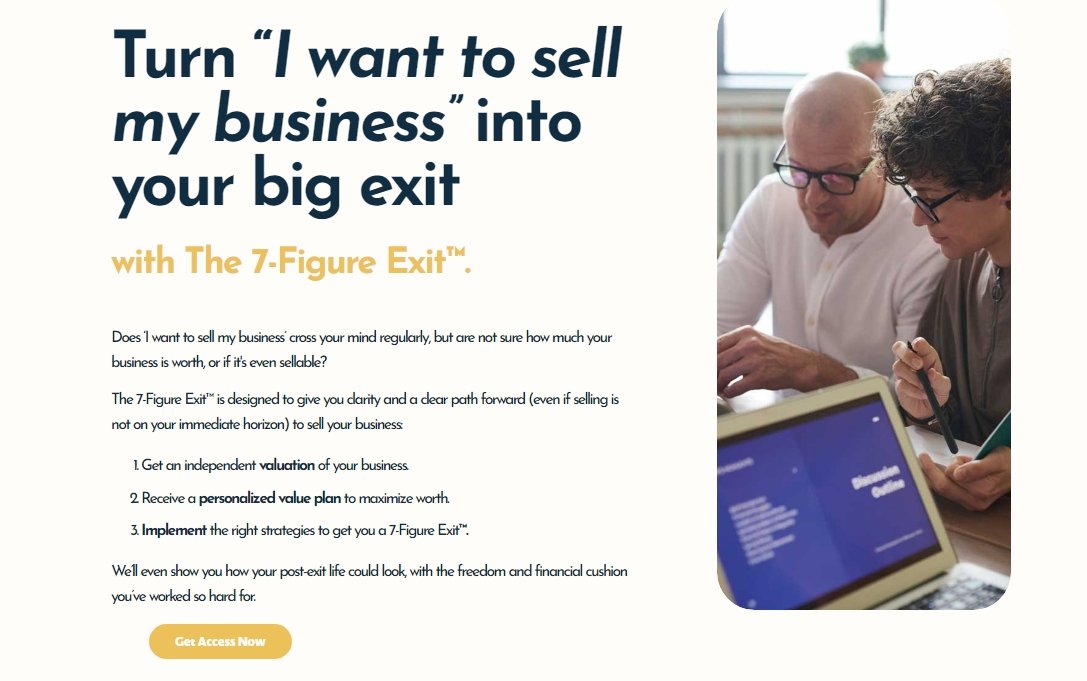Small Business, Big Returns: 3 Tips for Becoming an Investor
What if your business could do well without you managing every little thing, and your money could earn more money even when you're not working? After 14 years as a business owner, I've found that becoming an investor is not just possible—it's key to succeeding in the long term. I'll share three key tips on how to grow from a small business owner into an investor.
1. Change Your Thinking from Earner to Investor
See your business as more than just a job
Have more than one way to generate personal income
Spend your profits in smart ways
Most small business owners think of themselves as the heart of their businesses. But to become an investor, you have to see your business as more than just a job. You should see it as an asset, where you probably have invested a lot of resources in. This change in thinking is really important. Read here the 7 Lessons That Got Me From Small Entrepreneur To Investor.
Having more than one way to make an income is a good way to avoid risk and have more financial stability. Besides your main business, think about investing in things like stocks, real estate, or other small businesses.
Instead of putting all your profits back into your business, put some into other investments. This makes sure you have money for yourself and softly forces your business to be more efficient. I wrote an article on how to maximize your business profit if you want to dive deeper.
2. Set Up Systems and Share Responsibilities
Make processes automatic
Give tasks to people you trust
Focus on growing your business in smart ways
To stop being so involved in daily tasks, automate as many processes as you can with software for small businesses.
Having a team you can trust is really important. Gradually give more responsibilities to people you trust and delegate the tasks you can’t automate yet. This lets them take ownership of different parts of your business.
With processes being automated and a team that takes on more responsibilities, you can focus on growing your business. Look for places where your business can grow, like new markets or additional products.
3. Have a Clear Plan for Leaving Your Business
Know what you want in the end
Get your business ready to sell
Plan for an easy transition
Every business owner should know how they want to leave their business. Whether it's selling, merging, taking a very long break, or passing it on to someone else, knowing what you want in the end helps guide you and keep you motivated.
Getting your business ready to sell involves making sure your business has a solid foundation, clear processes, a good team, and a variety of clients.
Planning for an easy transition in ownership is important for keeping the business running smoothly. Come up with a succession plan that includes training for new owners and clear communication with employees and clients after the sale.
Success Story: Junior's Move from Freelancer to Investor
Junior began as a freelance leadership coach, always trading time for money. After attending one of my mastermind sessions, he changed his focus and built a scalable offer. Now, Junior has a corporate leadership training center with a lot of automated processes and a strong team of competent trainers. He has scaled his annual revenue to $1,6 million and has been investing in a portfolio of stocks and other smaller businesses.
An Investment Challenge for You
Try doing these 3 steps over the next 12 months and see how it changes your journey as a business owner. Remember, expanding your journey from business owner to investor isn't just possible, it could lead to more financial freedom and success.


